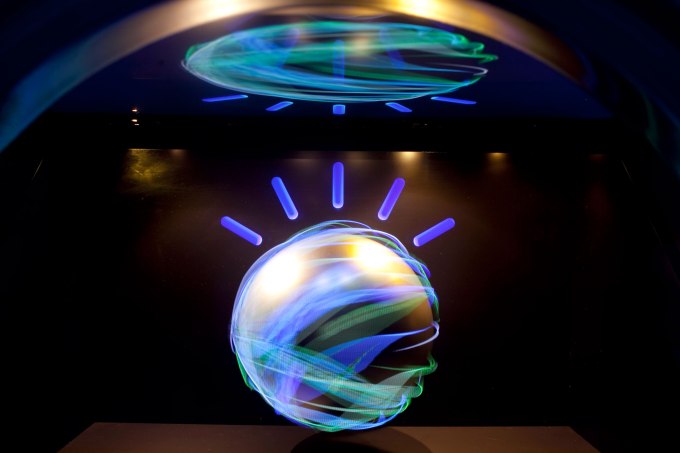 It's difficult to predict how artificial intelligence technology will change over the next 10 to 20 years, but there are plenty of gains to be made. By 2018, robots will supervise more than 3 million human workers; by 2020, smart machines will be a top investment priority for more than 30 percent of CIOs. Read More
It's difficult to predict how artificial intelligence technology will change over the next 10 to 20 years, but there are plenty of gains to be made. By 2018, robots will supervise more than 3 million human workers; by 2020, smart machines will be a top investment priority for more than 30 percent of CIOs. Read MoreSource: TechCrunch